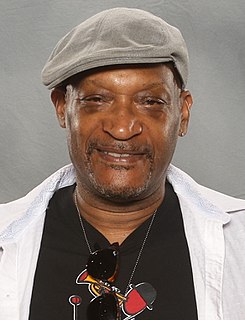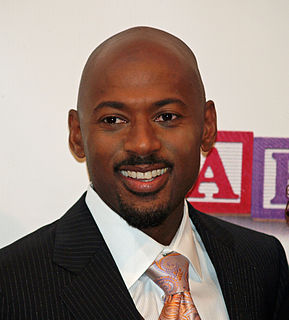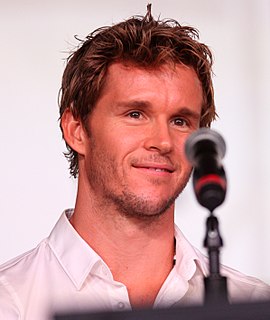A Quote by Tony Todd
You don't necessarily have to go to film school to be a brilliant film maker. If you are a good listener and you study life, and you find that story that is buried within each and every one of us, and you figure out a way to bring that out. And sometimes it doesn't necessarily mean money or winning the lottery.
Related Quotes
I applied [to film school] figuring, "I need to find some structure for myself. I need to find a way to figure out what kind of filmmaker I want to be." And that is what film school provides you with. It'll teach you the basics of how a production works and the technical side of how to put everything together, but you could also learn that by working on film sets.
There are some actors that are great stars and storytellers, but not necessarily good actors. I'm talking about some - not all - of the people you see in action flms or blockbusters. They're film stars, though not necessarily great actors. And there are those who are great actors, but not necessarily big film stars. Jim Sturgess is both. He's quite obviously a star, the audience likes him, he's a great storyteller and he turned out to be one of the greatest actors I've worked with as well.
The only way I know as a director is to figure out what the film is about. And out of the theme and the sense of what the film is about, all those decisions start to make sense. But to find that truth within it, you have to limit your possibilities and limit your choices. That's where this visual language grows out of.
When you're battling against the minds of the studios and the money that can go into promoting larger budget films, it's very hard for a very small-budget Australian film to get a look in. You can get critically acclaimed and go to various film festivals around the world, but that doesn't necessarily mean the majority of people are going to hear about it.
I gladly, I voluntarily gave up the kind of commercial film career I had going as soon as I had enough money to finance my own films. I didn't make that money necessarily from the film business, but I eventually made a lot of money and that's what I do. Of course, I consider myself unbelievably fortunate, and I'm pretty content with my life.
'Slumdog Millionaire' was as good or as bad any Bollywood film. If I had to rate it, I would give it just 5.5 points out of 10. Unlike others, I am not gung-ho about the film winning so many Oscars. Yes, I am happy that I was a part of the project, but I am yet to figure out why it got so many Oscars.
Your first film is always your best film, in a way. There's something about your first film that you never ever get back to, but you should always try. It's that slight sense of not knowing what you're doing, because the technical skills you learn - especially if you have a film that works, that has some kind of success - are beguiling. The temptation is to use them again, and they're not necessarily good storytelling techniques.



































